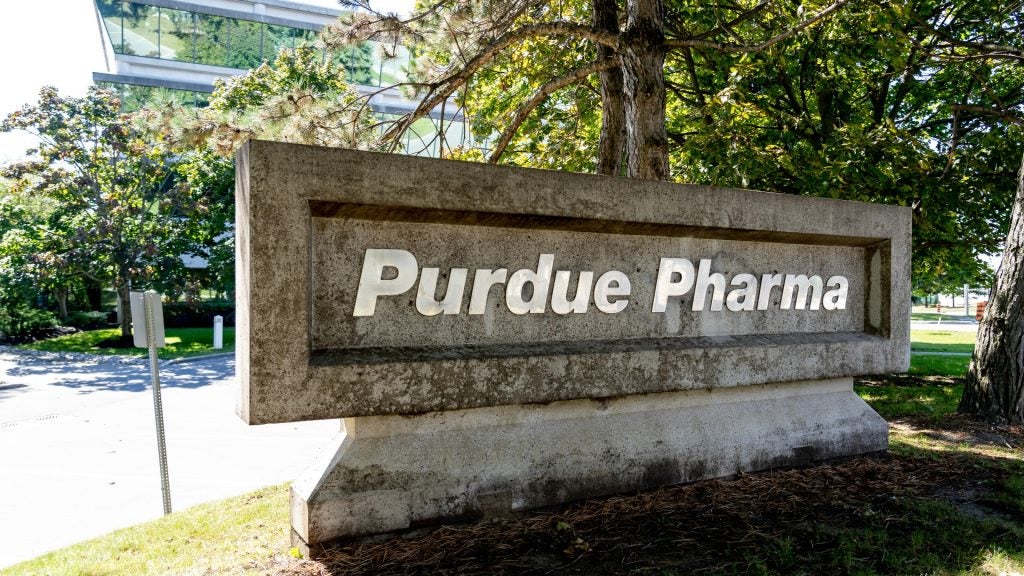LianBio has dosed the first patient in a Phase I clinical trial of BBP-398, along with epidermal growth factor receptor (EGFR) inhibitor osimertinib, to treat non-small cell lung cancer (NSCLC) with EGFR mutations.
The open-label, multi-centre study is carried out in collaboration with AstraZeneca, which will supply osimertinib for the trial.
An agreement for the supply of osimertinib was signed between the companies in July this year.
The study intends to assess the pharmacokinetics, tolerability, safety, and anti-tumour activity of the combination therapy in locally advanced or metastatic NSCLC patients with EGFR mutations.
LianBio CEO Yizhe Wang said: “BBP-398 is a potential, best-in-class SHP2 inhibitor that was designed to maximise combination potential.
“EGFR-mutant non-small cell lung cancer patients who develop resistance to osimertinib currently have limited treatment options, and we look forward to evaluating BBP-398’s ability to restore sensitivity to osimertinib when used as a combination agent.”
A dose escalation phase, followed by an expansion cohort, is also included in the study.
For difficult-to-treat cancers, LianBio developed BBP-398 in partnership with BridgeBio and the Therapeutics Discovery division of the University of Texas MD Anderson Cancer Center.
LianBio and BridgeBio have a strategic alliance to develop and market BBP-398 together, along with several agents, in mainland China and other Asian markets for the treatment of pancreatic, colorectal, and NSCLC cancers.
BridgeBio is also studying BBP-398, together with Bristol Myers Squibb’s OPDIVO, in patients with advanced solid tumours with KRAS mutations, and Amgen’s LUMAKRAS to treat advanced solid tumours with KRAS G12C mutations.
















